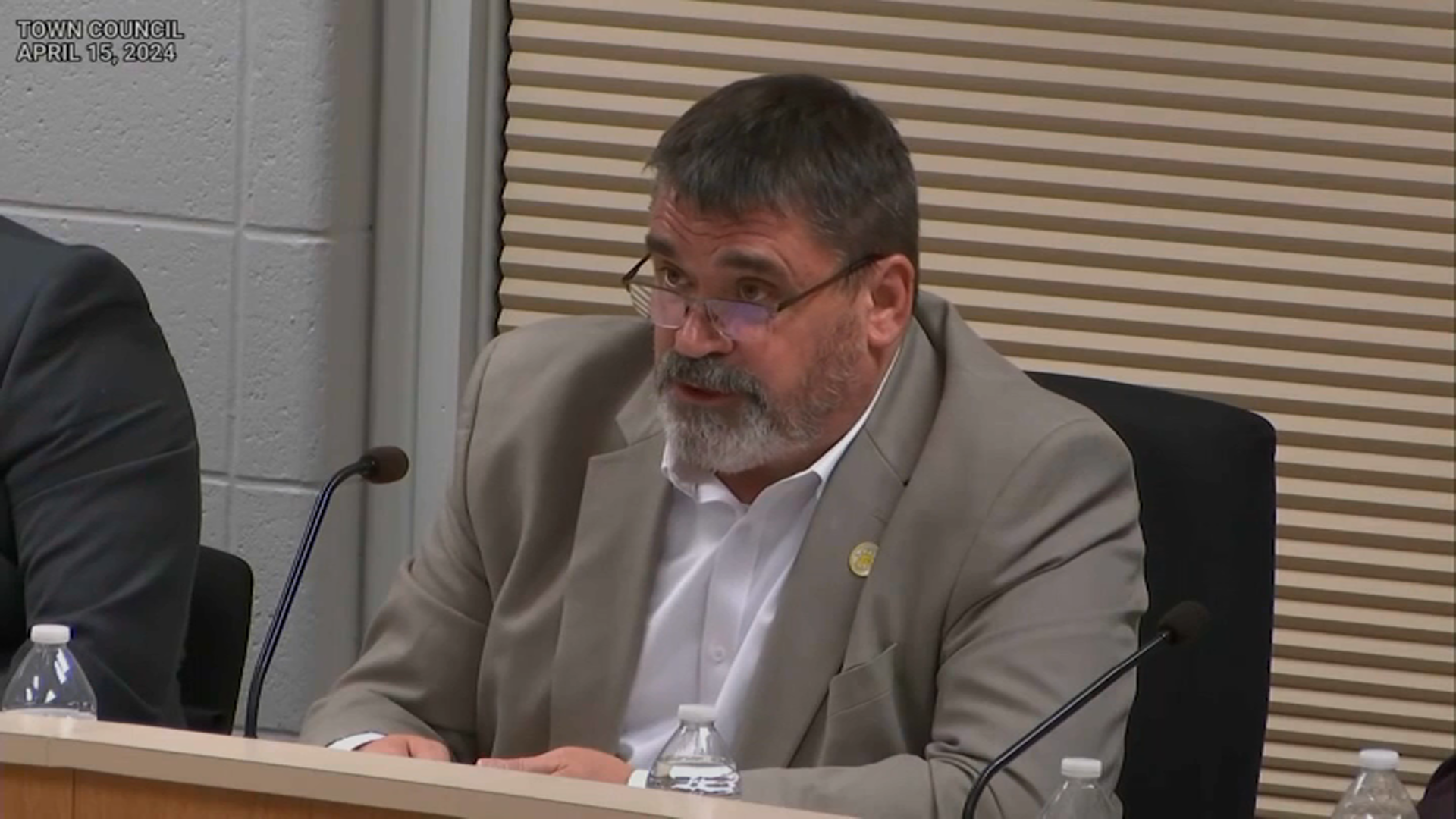They watch and they wait, and increasingly, fishermen up and down the East Coast of the United States worry about the massive oil spill sitting, for nowr, in the Gulf of Mexico.
Now officially estimated at somewhere between two- and five-times the size of the Exxon Valdez spill, the big unknown is where it will go.
"I think everybody who has a fishing boar or goes fishing is thinking about it a lot," said Captain Howard Bogan, 74, whose family has been in the fishing business for 8 decades.
Bogan has been a part of that for 70 of those years, and he told NBCNewYork that he first went out fishing from New Jersey's Manasquan Inlet back when he was four years old.
Now, the Brielle, N.J.-based charter boat owner fears the worst for the tuna, mahi mahi, marlin and other species that are the lifeblood for thousands.
"It would be absolutely devastating," said Capt. Bogan, if the oil works its way into the Gulf Stream.
No one can say for sure yet if it will.
Local
"The likelihood is small," said Dr. Josh Kohut, of Rutgers Marine and Coastal Sciences lab.
"There are connections that link the Gulf of Mexico to our region in the ocean but the exact pathway is so unpredictable and so many things have to fall into place," Kohut explained.
Much of the concern centers on the Sargasso Sea, "home(and breeding ground) to 482 known species" of fish, according to Jim Donofrio of the Recreational Fishing Alliance.
Donofrio said there are nearly half a million saltwater fishermen in New Jersey, nearly 300 thousand in New York, out of a total of 12 million nationwide.
"People that fish just love it. They have a passion for it," said Donofrio.
He was also critical of both BP and the Obama Administration.
"The Government and BP is missing in action," Donofrio claimed, asking where are the boats and ships that could be "sucking up" the underwater oil before it gets into the Loop Current and into the Gulf Stream.
But it's not clear even a flotilla of such boats could prevent some of the oil from escaping the Gulf of Mexico.
If it does, Tony Bogan, son of Captain Howard, said the fish won't survive.
"Their air is the water," Bogan explained. "If you can imagine the air being filled with oil as opposed to the water being filled with oil -- what it would do to you or me."
And once on its way, "There's no traffic lights," said Captain Howard Bogan, "they just keep on plugging [up the Gulf Stream]."
Follow Brian Thompson on Twitter @brian4NY



